The Role of Flow Meters in a Laboratory
Flow meters are devices used to measure the flow rate or quantity of a gas or liquid moving through a pipe. Flow measurement applications and devices are diverse and vary depending on the industry. Accordingly, each flow meter has its own set of standards and engineering requirements depending on the basis of its application.
In a laboratory environment, flow meter products and calibration services are tailored to an industry which requires precision materials and equipment given the nature of a laboratory environment. And flow meters play an important role in many of the working projects that take place in this setting.
Types of Flow Meters Used in a Laboratory Environment
Turbine flow meters with signal conditioner and converters are calibrated to measure the flow of air, methane gas and hydrogen gas. Like a standard turbine flow meter, a tangential turbine flow meter with customized carbon pivot bearings in weatherproof housing can also be calibrated to measure the flow of water and air. In a laboratory environment, as an example, this kind of capability can allow for the testing of different types of gasses for potential toxicity. Water and air can also be tested for potentially harmful pollutants.
Another example of a flow meter used in laboratory settings is a flow meter that possesses RF pick-ups, which is calibrated to measure the flow of nitrogen gas. One of several benefits of this application is that it can assist in addressing threats in the form of poisonous gas attacks which remain a continuous threat to our national security.
Additional Flow Meters and Flow Meter Equipment
Variable Area Flowmeters (Rotameters) are available in a wide range of liquid and gas flow rates. They contain horizontal end fittings and can rotate in 90-degree increments. They also have clean-out ports, panel or in-line mounting hardware, direct reading scales that are engraved for each application, and heavy gauge steel frames with corrosion resistant epoxy paint among other features.
Flow computers, such as an instrument verification set, are portable instrument and diagnostic measuring tools which can, among other applications, verify the flow, pressure and temperature of hydraulic systems and instruments. They are an effective supplement to flow meters and can be beneficial in the maintenance and monitoring of systems operations.
Batch Controllers display rate, batch size and batch or grand total. They contain magnetic pick-up inputs, analog outputs and five-digit scaling factors, in addition to security lockouts and serial communication. They also contain Second B relay which is programmable for output at a pre-warn or selected batch/grand total. Like flow computers, they are a useful component in ensuring that each of the elements involved in an operation are performing at proper capacity.
Flow Meter Repairs
When working in a laboratory environment, whether in an academic, research-based or other capacity, it is important to work with a company which specializes in the production and proper maintenance of flow meter equipment. Working with a company that has an established track record in this area can prove beneficial in the event of a need for recalibration or repairs to existing equipment. Such companies maintain and foster their relationships with their clients and often offer services for the professional repair and replacement of equipment in the event the situation arises.
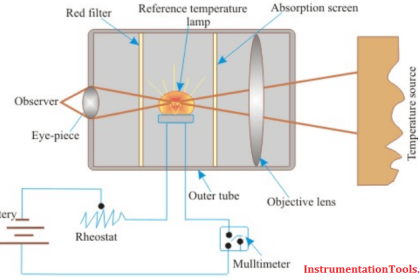
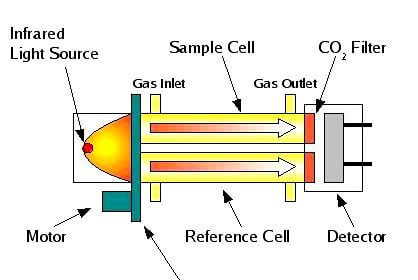
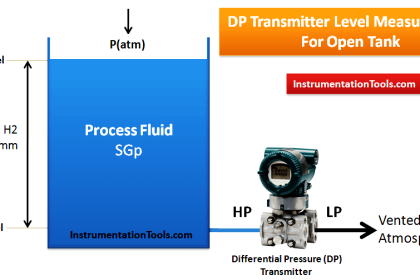
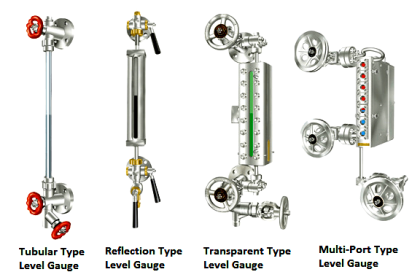

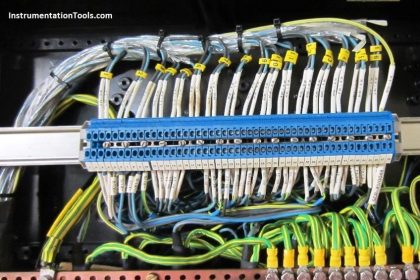
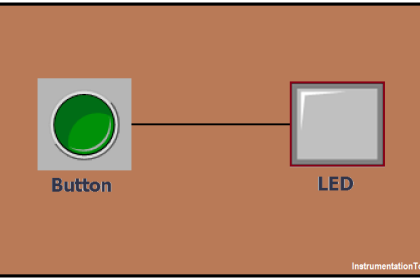
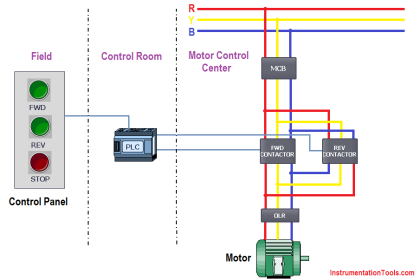


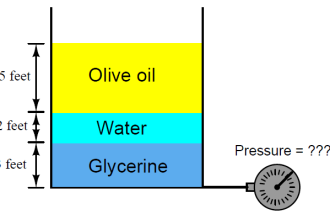


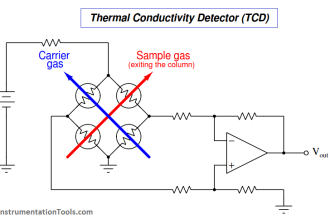
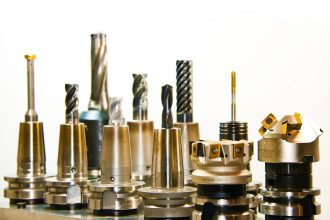
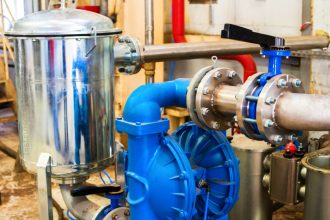

i need know how hydro testing is done in road tankers which carry lpg in it